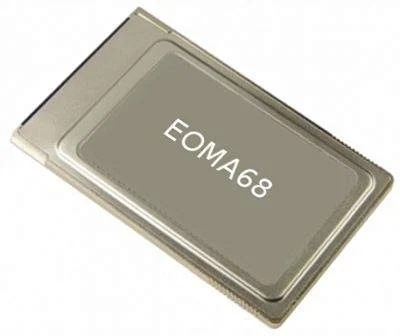The folks at Rhombus Tech are currently designing a versatile computer module that supports open source software and can be used to power a wide variety of devices.
As Liliputing’s Brad Linder explains, the basic idea is a PC-on-a-board similar to a Raspberry Pi or MK802 mini PC.

However, instead of using it as a standalone system, you’ll be able to slot the board into a number of devices, including tablets and notebooks.
Meaning, rather than replacing a tablet or laptop when the CPU is outdated, users can simply swap out the module and slide in a newer piece of hardware.
The first Rhombus Tech board has been dubbed the A10 EOMA-68 (after the Allwinner A10 ARM Cortex-A8 processor), which is about the size of a CMCIA card-sized PC module.
Although the A10 EOMA-68 remains is still technically in the initial planning stages, Rhombus has confirmed there is now a PCB design in place – and plans to manufacture samples for testing and demoes remain on track.
Of course, the folks at Rhombus Tech aren’t the only ones working on a concept that allows devices to be more upgradeable. As we reported earlier this week, Navarre Bartz is designing an upgradable tablet concept using an industrial computing module known as Colibri.
“It has an Nvidia Tegra processor like many tablets currently on the market and can be paired with a carrier board and other components to make an ARM-based computing device,” Bartz explained in an entry for the Jack Daniel Independence Project.
“Since the system is modular, when the next generation of ARM processors comes out, you can simply swap out the processor module and have an upgraded tablet.”
Essentially, the upgradeable tablet consists of two parts. The first is a primary main board loaded with input and output ports, along with WiFi, Bluetooth and other standard components. The second is a board housing the CPU, memory and storage.






